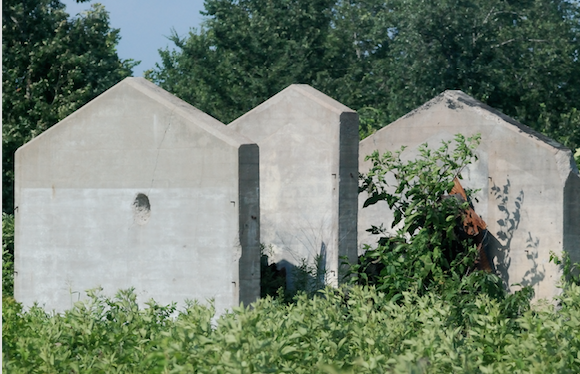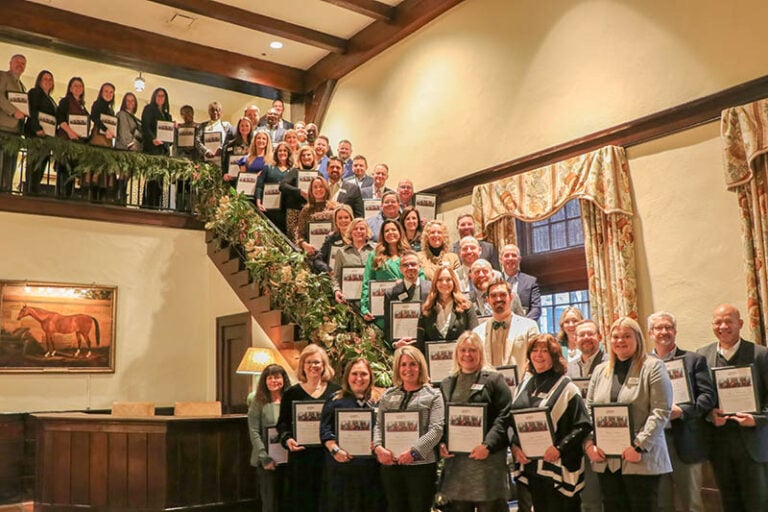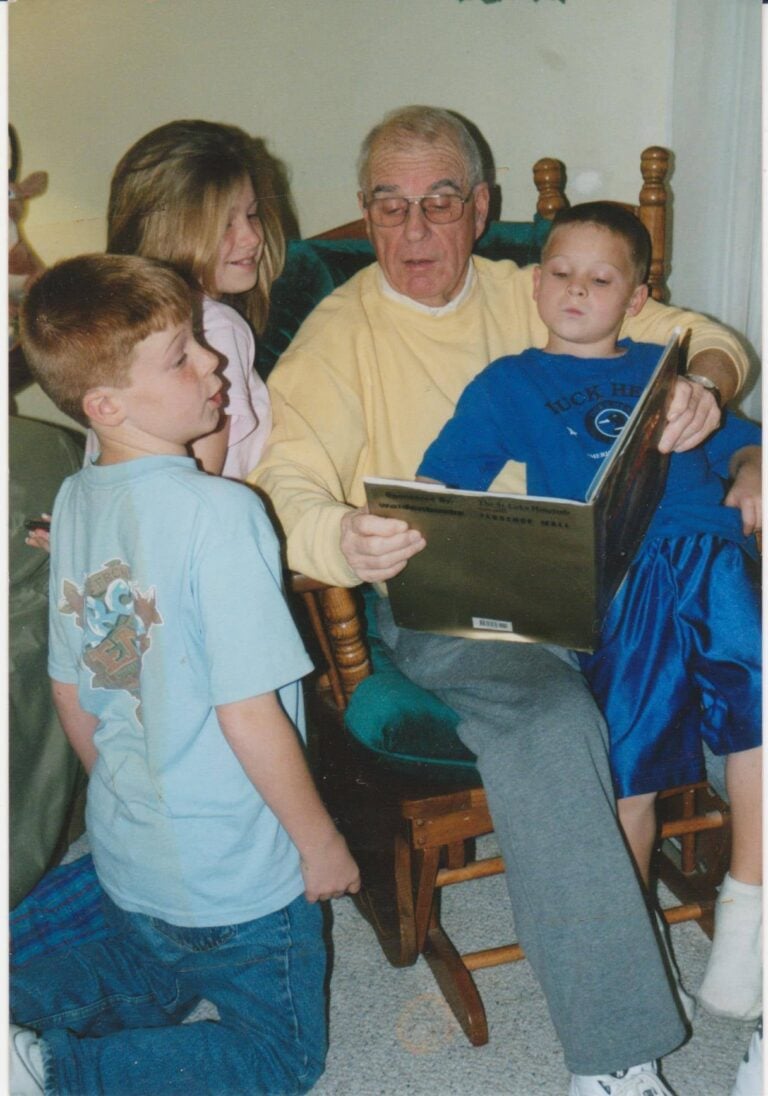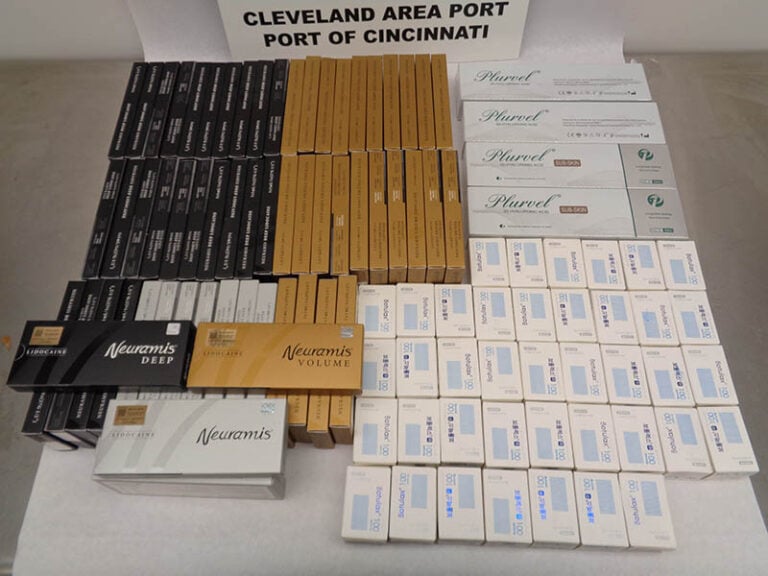By Berry Craig
NKyTribune columnist
EDITOR’S NOTE: The author’s late father, Berry Craig Jr., served aboard a rocket-firing Landing Craft Infantry (LCI) vessel in the Pacific Theater in World War II and shot down a Japanese warplane with a 20-millimeter cannon.
Margaret Carrico “always thought of those navy boys” every time she approved a shipment of 20-millimeter cannon shells from the Viola ammunition plant.
“I didn’t want a shell of mine to explode in a gun and hurt somebody or not go off when they shot it. If a shell wasn’t right, I sent it back.”
Carrico, who died last year at age 89, spent much of World War II inspecting ammunition at the big National Fireworks factory at Viola in Graves County. The facility was one of only six plants in the U.S. that turned out 20-millimeter shells for small, rapid-firing anti-aircraft guns mounted on warships.
Carrico figured Viola-made shells brought down or damaged their share of enemy planes.
“Most of the shells made were shipped to the Pacific,” said the late C.T. Winslow, a Navy inspector at the plant about nine miles north of Mayfield, the county seat.

The Viola factory sprouted on 1,500 acres of rich farmland. It grew into one of the largest defense plants in Kentucky. The facility employed close to 3,000 people and had its own fire department.
There is not much to commemorate the factory except the memories of plant workers, most of whom have died.
“Around here, it was the place to work,” said the late Rosalyn Gibson, another inspector. “Oh, my, the money was good. I took my first paycheck and made a down payment on a fur coat.”
Only a few of the plant’s buildings survive. The small, crumbling, roofless concrete structures tell no tales of war. Old Plant Road leads eastward off Ky. 1241—old U.S. 45—to where soybean and cornfields have conquered the factory site.
Construction began in May, 1942.
“Traffic jams, buildings springing up like mushrooms, railroad spurs being laid in all directions and skilled carpenter labor at a premium, all gave the appearance of a gold rush or a new oil town,” a Mayfield Messenger writer recalled in the April 17, 1945, paper.
“A steady stream of traffic, buses carrying workmen, and work applicants, men and women, lined the road between Mayfield and Viola, and from the north, Paducah to Viola.”
Operated by the National Fireworks Company of West Hanover, Mass., the plant opened on Sept. 22, 1942. Senate Majority Leader Alben Barkley, a Graves County-born Paducah Democrat, and U.S. Rep. Noble J. Gregory, a Mayfield Democrat, were “tireless in their efforts to bring the plant to this community,” The Messenger reported.
The Navy said plant employees, members of Chemical Workers Union Local 151, worked tirelessly, too. The factory won a coveted Army-Navy “E” pennant for excellence in war production.
Plant workers also were generous with their pay. They bought so many war bonds that the employees earned the right to run a special “Minute Man T” banner up the plant flagpole.
“We all felt a lot of patriotism working out there,” said Frances Wilson, a secretary who died in 2015 at age 91. “A lot of the women had husbands or sweethearts in the service. There were also older men who couldn’t go, and they felt like they were doing their part.”
Carrico worked where high-explosive gunpowder was mixed.
“They wouldn’t even let women comb their hair because of the static electricity and the risk of an explosion,” she said. “That powder was hard on you, too. It made your hair and your hands turn yellow. A lot of people were scared to work in there, but I didn’t mind.”
The plant, which closed in 1945, the last year of the war, apparently covered more ground than the community of Viola did. The plant workforce was probably 10 times larger than the entire population of Viola and nearby West Viola in the 1940s.
Berry Craig of Mayfield is a professor emeritus of history from West Kentucky Community and Technical College in Paducah and the author of five books on Kentucky history, including True Tales of Old-Time Kentucky Politics: Bombast, Bourbon and Burgoo and Kentucky Confederates: Secession, Civil War, and the Jackson Purchase. Reach him at bcraig8960@gmail.com























very good information, trying to find information on the Whittemore Bros. Lumber co. also in Viola Ky. That was run by a Guy and Will J. Whittemore.
My Grandmother and her sister worked there too. I have a blonde maple bed room suit they bought together when they working there lol and even have a 20 mm shell my Grandmother made while she was there not loaded or anything just the empty shell with the screw on cap where she told me they would put TNT in it.
My grandmother, Pauline Bell worked there too. She said she did nearly every job there was in the assembly & inspection parts of it. Commuted from Fulton on the bus I believe.
Both of my parents worked there plus they, my brother and I kept the farm going.
Very interesting article!